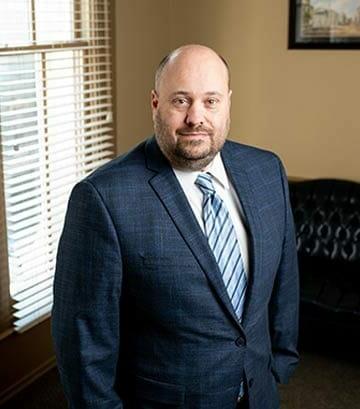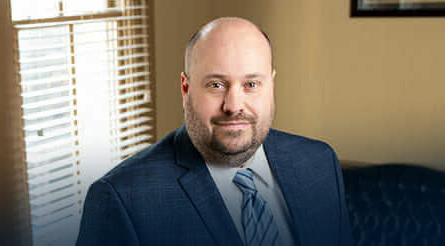Difference Between Medicare and Medicaid
What are the differences?
Although Medicare and Medicaid are two very different programs, they strive to achieve the same goal; to provide medical and health-related services to specific groups of people in the United States. Medicaid is a public insurance program that provides healthcare coverage to low-income families and individuals, including seniors, parents, children, pregnant women, and people with disabilities. Medicare is also a public insurance program and it provides payment for hospital and medical care for elderly and certain disabled Americans. Medicaid is jointly funded by the cooperation of the federal government and the states.
Each state operates its own Medicaid program within federal guidelines. Because the federal guidelines are broad, states have a great deal of flexibility which results in each state having its own local customs. Consequently, Medicaid eligibility often varies from state to state.
In 2013, according to the Congressional Budget Office, Medicaid is estimated to have provided healthcare coverage for roughly 57 million Americans over the course of the year. This includes approximately 20 million adults, 6 million seniors, 28 million children, and 11 million persons with disabilities. In 2010, 21 percent of the population was at some point enrolled in the Medicaid program.
- Eligibility: Medicaid covers low-income and financially needy people, including those over 65 who are also on Medicare. Because the federal rules are open to interpretation, local customs can mean that the eligibility rules are enforced differently from state to state.
- State Administration: Medicaid is administered by the 50 states with application of the rules differing in each state.
- Coverage Provided: The amount of coverage varies from state to state. In general, Medicaid provides inpatient and outpatient health care coverage, including coverage for prescription drugs, diagnostic and preventive care, and eyeglasses.
Medicaid can assist in paying your Medicare deductibles along with charges not paid by Medicare.
Medicare
Medicare is strictly a federal program which was created to assist with the high medical costs faced by older Americans who often are also dealing with a reduction in their ability to earn a living wage. Unlike Medicaid, eligibility for Medicare is not tied to an individual need. Instead, it is an entitlement program; you are entitled to it because you or your spouse paid for it through Social Security taxes.
Although you may qualify for and receive coverage from both Medicare and Medicaid, you must meet separate eligibility requirements for each program; being eligible for one program does not necessarily mean that you are eligible for the other. If you qualify for both, Medicaid will pay for most Medicare Part A and B premiums, deductibles, and copayments.
- Eligibility: Medicare covers almost everyone aged 65 or older, certain people on Social Security disability, and some people with permanent kidney failure.
- Federal Administration: Medicare is a federal program whose rules are the same all over the country. Medicare information is available at your local Social Security office.
- Coverage Provided: Medicare hospital insurance (Part A) provides basic coverage for hospital stays and post-hospital nursing facility and home health care.
Medicare medical insurance (Part B) pays most basic doctor and laboratory costs, and some outpatient medical services, including medical equipment and supplies, home health care, and physical therapy.
Medicare prescription drug coverage (Part D) pays some of the costs of prescription medications.
Attorney Gary Banet
 Gary is licensed to practice law in both Indiana and Kentucky. He concentrates his practice in estate planning, estate and trust administration, estate and trust litigation, guardianships, elder law and special-needs planning. Gary earned his J.D. from the University of Louisville, Louis D. Brandeis School of Law, and formerly practiced law at Bingham Greenebaum Doll and Wyatt, Tarrant & Combs. [ Attorney Bio ]
Gary is licensed to practice law in both Indiana and Kentucky. He concentrates his practice in estate planning, estate and trust administration, estate and trust litigation, guardianships, elder law and special-needs planning. Gary earned his J.D. from the University of Louisville, Louis D. Brandeis School of Law, and formerly practiced law at Bingham Greenebaum Doll and Wyatt, Tarrant & Combs. [ Attorney Bio ]







